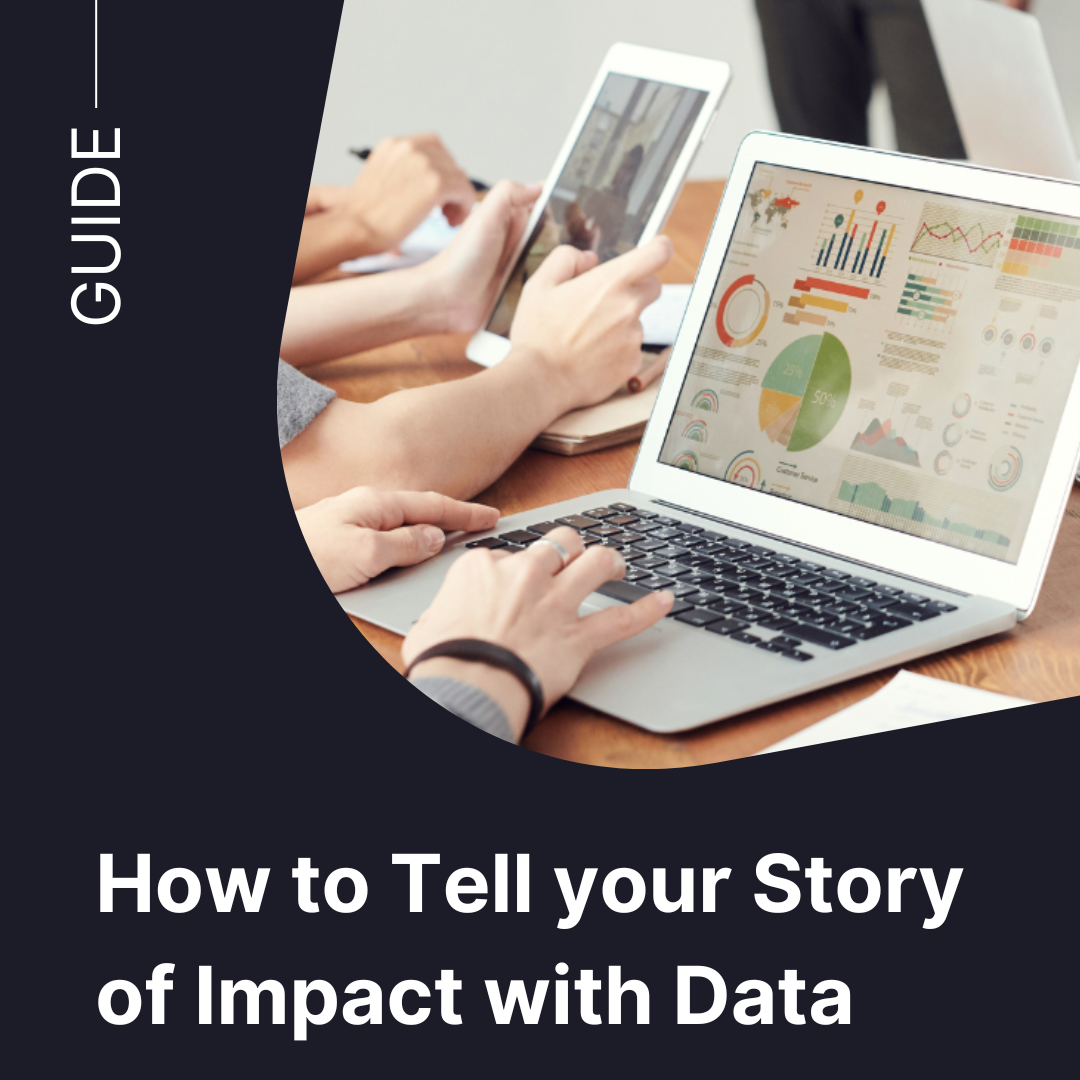Is Your Organization Taking an Equity Lens to Data?
As we hit the mid-year mark, it’s a great time to pause and ask: Are we approaching data with equity at the core—or just collecting numbers without context?
Data is powerful. But if we’re not intentional, it can reinforce the very inequities we aim to dismantle. That’s why now is the perfect moment to reflect, realign, and if necessary, create a racial equity plan that ensures your data practices are just, inclusive, and transparent.
Here are five key areas to evaluate—and questions to help you dig deeper:
1. Can You Access the Data—and Understand It?
Equitable data isn’t just collected—it’s shared, understood, and actionable.
-
Who has access to the data?
-
How is it presented and prioritized across teams?
-
Is it shared externally—and if so, how is it visualized to avoid misinterpretation or harm?
-
Is the role of the data team to surface solutions or just deliver metrics?
-
What’s the purpose of your data strategy—and who defines it?
2. Are Your Data Practices Centered on Equity and Inclusion?
Equity work doesn’t stop at programs or policies—it must extend to how data is gathered, audited, and acted upon.
-
Does your organization regularly audit its data practices and policies to ensure fairness?
-
Are those audits conducted by independent firms that reflect the communities you serve?
-
How do internal staff experiences compare with what’s being reported externally?
-
Are there perspectives missing from the process—particularly from underrepresented groups?
-
Is there alignment between how your organization is perceived internally vs. externally?
3. Who Is Represented in Your Data?
If you’re only hearing from the same sample again and again, you’re missing the bigger picture.
-
Are your survey and feedback loops reaching a diverse group of stakeholders?
-
Who gets asked for input—and who doesn’t?
-
Are there communities you’re unintentionally excluding?
4. Are You Accounting for Bias?
Every data set is shaped by people. That means bias is always a factor—unless you actively work against it.
-
What’s the demographic makeup of your data collection team?
-
Are team members trained to recognize and mitigate bias?
-
Do they have enough capacity to support your programs equitably?
5. Is There Accountability for the Data You Collect?
Data without action isn’t just ineffective—it can be harmful.
-
How often is data shared with leadership, funders, and other key stakeholders?
-
Does the organization publicly report on what it’s learning—and what’s changing?
-
Are the people most affected by your work part of the decision-making process?
-
Is data used to inform strategic priorities, or just to justify them?
A Final Word
Equitable data practices aren’t a checkbox—they’re an ongoing commitment to transparency, inclusion, and learning. If you want to create lasting impact, your data can’t just tell a story. It needs to tell the right story—and include all the voices that make it real.

June 2, 2025
